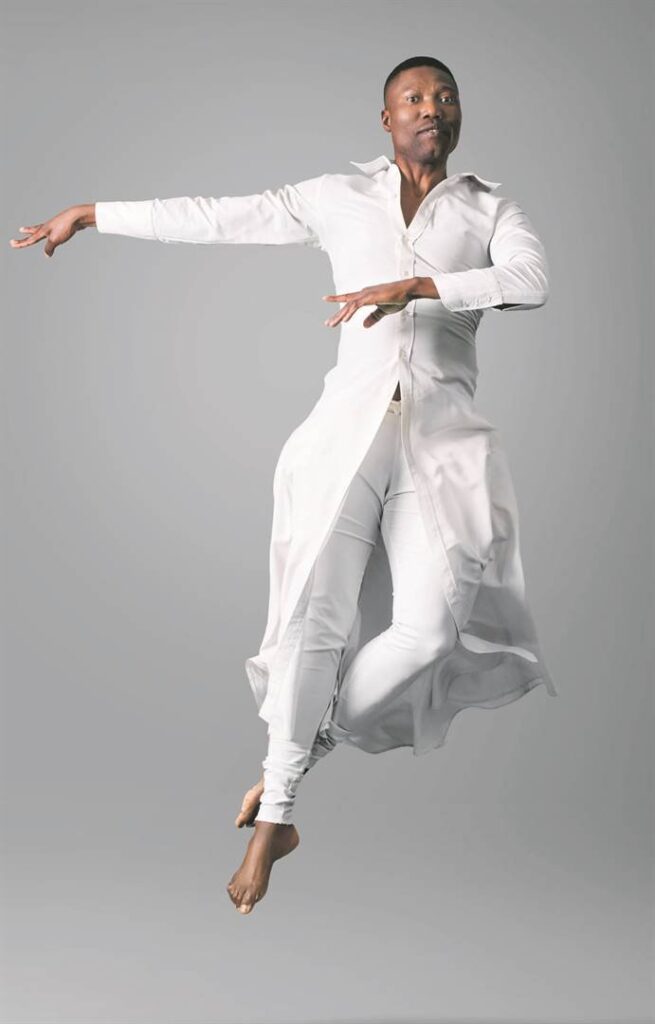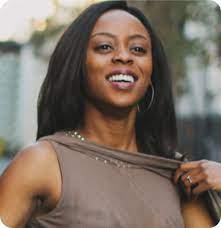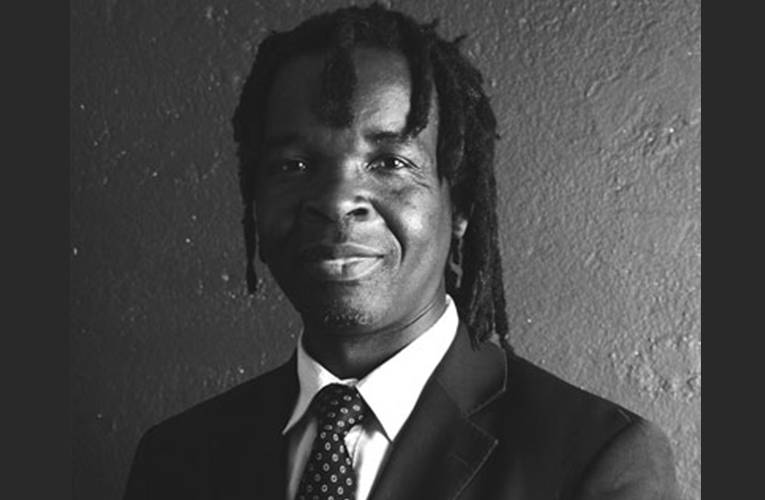Should ‘vaccination passports’ be introduced in arts venues?
By Edward Tsumele, CITYLIFE/ARTS Editor

This question was an issue that was debated extensively last night by Theatre and dance Alliance that demonstrated that the issue of vaccinating or not, is not a done deal, and there is a long way to go.
This debate has become increasingly relevant since President Cyril Ramaphosa relaxed Covid-19 restrictions allowing 250 people into a venue, potentially giving a leeway for the arts to run at a profitable level.
Or rather asked differently, will you be willing to work in an intimate space such as a film set or theatre venue with someone who is not vaccinated by choice and who has not taken a CVR test either because they insist they will not take a chance on vaccines whose clinical trials are still on going and the picture will probably be clearer by 2023?
The answers are not easy, but this clearly is a very crucial debate right now, especially as some kind of space has been opened for the arts to restart at a level that could be commercially viable?
The panelists who spoke last night, September, 15, 2021, during a Webinar organized by Theatre and Dance Alliance (TADA), an industry association representing the theatre and dance communities in South Africa, were diverse in their views, with some expressing the view that this should not be compulsory, and these different opinions reflect generally societal views on the issue of vaccination. The majority of the panel however felt that it now has become an absolute necessity to introduce arts passports in theatres and other spaces for both practitioners and audiences in order to give a realistic chance for the sector to restart.
While this debate is going on, it is however important to give the context here. Although the rate of vaccination has picked up speed and millions have already been vaccinated in the country, there also exist strong views and pockets of resistance of vaccinating among the population in the country. Vaccinating as many people as possible and as fast as can be done, analysts believe would hasten economic activities and reset an economy that has seen many lose jobs and some industries decimated as a result of the various lockdowns the government has implemented since 2020, to control the rate of the coronavirus infection in the country.
It has now turned out that those who have taken the jab are pitted against some of the vaccine hesitators and spaces on social media and other platforms are populated by these diverse views about vaccinating and alleged social media bulling among the pro vaccines and those against is said to be increasing.
Last night’s TADA webinar panelists compromised of the following creatives:
Lesego van Niekerk, TADA NSC member and Board member of the STAND Foundation will chair the panel that will include:

Gregory Maqoma, Artistic Director of Vuyani Dance Theatre, who has just returned from touring Europe for three months where he experienced vaccination passports both as a creative and an as audience member
Anaiz Lukacs, Head of Mobiculture, a French resource agency that assists cultural
professionals travelling to France, and an expert on artists’ mobility Alistair Kilbee, Managing Director of Gearhouse Splitbeam and TADA National Steering Committee member.
Cornelia Faasen, CEO of the National Afrikaans Theatre Institute, and TADA Deputy Chairperson who has represented TADA at NEDLAC where discussions have been taking place about vaccination passports.
Mbulelo Ndabeni, Deputy Chairperson of the South African Dance Alliance (SADA) and recently returned international dancer now running the Mbulelo Ndabeni Foundation in the Eastern Cape.
“As I travelled to Europe recently to work in theatres, I could not get into a restaurant or at borders the first thing I was asked to produce, is proof of vaccination. In theatres where I performed I could not enter into a theatre without being vaccinated. You cannot even board a train from one city to another without showing a vaccination certificate. That is why I was vaccinated first one in the UK and later in France where I got my certificate. They wanted everyone to be vaccinated whether you are a French citizen or not,” said internationally reputed dancer and choreographer Maqoma.
Maqoma added that it was important to know that every space that you entered you are free from the virus and we need to ensure that the spaces we work in are safe and “there is no debate about that. Vaccine hesitancy allows the virus to take away our lives, our jobs. We need to be mindful about the danger that our community is facing and we need to individually play a role in finding a solution, and under the circumstances, vaccinating is the best solution,” said Maqoma.
Vaccine hesitancy was probably best explained by all the way from France.

“I think it is real a matter of trust in governments and it is also a matter of language they use when they are dealing with this issue. The way that we have been spoken to, especially when governments seem like they do not know what to do. There is generally lack of trust in the pharmaceuticals as well, and so this lack of trust does not come from nowhere. Even now governments do not declare that it is now compulsory for everyone to be vaccinated. For example it is compulsory for people working in venues where you are required to have a VCR test (in France). It is even going to be compulsory for those aged 12 to 17 years to show their vaccination certificate or the VCR test not older than two days in order for them to board a train for example,” said Lukacs, from France.
“What alternative is there because we are not saying that Covid-19 is not there. I personally have lost family members to Covid-19. But I ask the question what else can we do under the circumstances. I work for an organisation that raises money for unemployed artists and I have seen how difficult it is to raise money for artists, from government and the private sector. The private sector says it cannot give money as they are trying to keep their industries working,” said Faasen who said vaccinating has become desperately needed.
“We have the same access to information, and we you ask a question like that and say they are being bulled and its is as If you they are waiting for the very end of the clinical trials in 2023, and use other people as guinea pigs in the meantime. If you are not vaccinated you cannot be in the same room with the rest of us. In 2023 It is a very long way and to say you will wait until 2023, you are certainly not making your money in theatre. You probably make your money elsewhere such as TV and theatre is just a side hustle,” said Kilbee, in answer to an anonymous message from someone who claimed that they work in musical theatre and are not in support of compulsory vaccination in the industry.
Panelist and dancer Mbulelo argued that space is not created for proper engagement and the sharing of information as there seems to be intolerance to the views of those holding back on vaccination by those who are for vaccinating. “I do wish that Alistair will create a space where people are acknowledged even If you do not agree with them. Let us constantly be mindful of the language that we use,” Ndabeni said.
The debate was great and the moderator Lesego handled it in a very professional, and balanced way, allowing differing views from the panel to be heard adequately.
This is definitely not the last time we will hear about this controversial issues of ‘vaccines passports’ not only in the arts industry, but in other sectors of the economy as countries battle to reset their Covid-19 battered to create more jobs for the unemployed. Already in Europe vaccines passports in different sets ups such as theatres and public transport are increasingly becoming compulsory.
.Discalimer: Edward Tsumele has taken the Johnson and Johnson vaccine.










